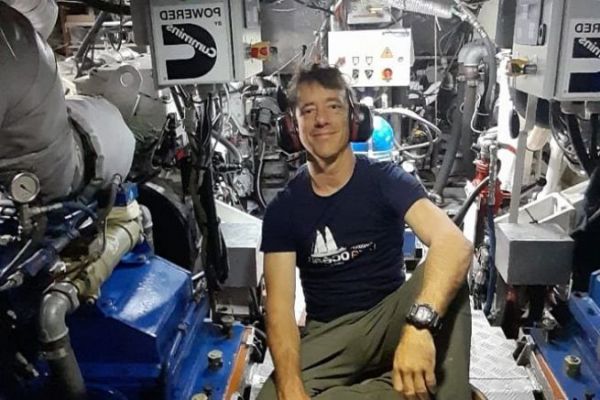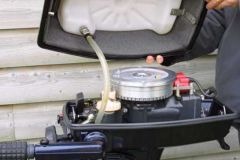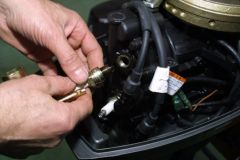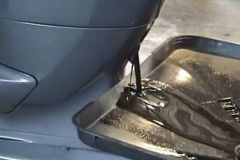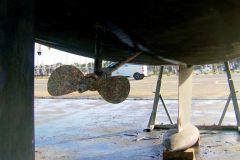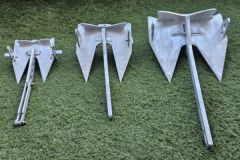On board, the marine engineer has a key role. He is the guarantor of the proper technical functioning of the ship. Propulsion, engines, water distribution, energy production, nothing escapes him. So what does this job actually involve and how do you become one?
On board or on land
The marine mechanic works on board fishing vessels, cargo ships, passenger ships or lighthouses and beacons, but also on large pleasure yachts. He can also work on land in shipyards for example.
The working conditions will be very different depending on the place of work. Laurent, chief mechanic on board the schooner of the Tara Ocean Foundation, has chosen to work on board since the beginning of his career:
" I much prefer to work on board with shifts between boarding and recovery times. At first, i used to go to sea for three months and then release for a month. Now, in my current position, the rotation is two months on board followed by two months of recovery ."
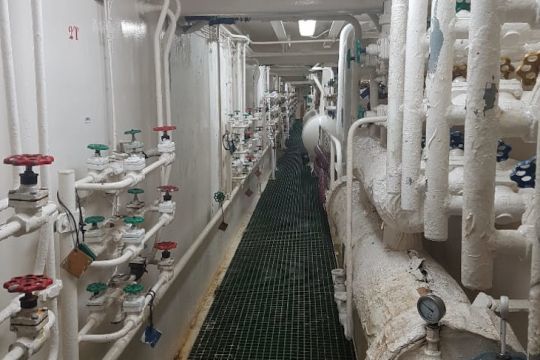
A working day of an onboard mechanic
Each day brings its share of events to manage. You have to constantly adapt your schedule according to emergencies. Laurent explains his typical day:
" Every morning, I start by consulting the Computerized Maintenance Management System, or CMMS. This software lists all the equipment on board, whether on a fishing vessel, a commercial boat or a large sailing ship like Tara. It indicates, for each piece of equipment, the preventive maintenance operations to be carried out: periodic oil changes, filter changesâ?¦
This list of operations to be done gives a first basis of activity. Then, the real work of the mechanic is done at the time of the round. I go around all the equipment to detect any anomalies: a leak, a suspicious noise for example. Each piece of equipment has a monitoring sheet on which I record values and indicators. During my rounds, I can compare these figures with those of the previous day to check that everything is consistent.
Then there is also the management of the currents to be carried out. Checking the levels of the various fresh, gray or black water tanks, the daily tanks for diesel fuel, the oil levels as well."
It is necessary to manage priorities which are determined by the activity of the vessel. If on a fishing boat, priority is given to all the equipment necessary for fishing, the remuneration being linked to the result: no fish, no money, it will be different on a yacht where comfort equipment, air conditioning or toys on board will be on top of the list. On Tara, things are different, priority is given to scientific equipment, the heart of the sailing ship's expeditions.
The marine engineer spends a lot of time making to-do lists and never gets to the end. There are always unforeseen circumstances on board. Laurent has had two fires to deal with during his career. " Working with truly professional crews is what helps us deal with this type of event. Training, experience, instinct and anticipation of the different possible scenarios allow us to find solutions in an emergency ."
A versatile job
The job of marine mechanic also covers a variety of areas. In addition to engine maintenance, the mechanic will intervene on many very diverse equipments: hydraulic, pneumatic and refrigeration installations, energy production, electricity, lifting instrumentsâeuros¦ The activity requires the knowledge and respect of standards but also safety rules.
" I have the title of chief mechanic on Tara", explains Laurent, "but I'm alone in my field, so I'm also a mechanic, electrician, plumber and heating engineer! You have to be versatile in this business. I also do bridge watches because I have the right qualifications. "
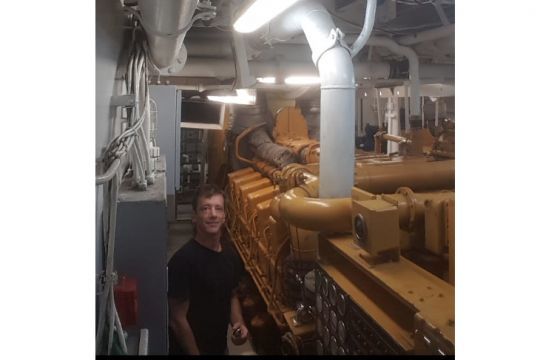
How does one become a marine mechanic?
The marine mechanic profession is a technical profession requiring specialized skills. There are different courses of study and different levels in this profession: chief mechanic, second mechanic, mechanic worker, naval mechatronics technician for example.
The diplomas start at the CAP or BTS level, bac +2. The national merchant navy schools, ENSM, also offer second engineer and chief engineer certificates. Continuing education also exists in this field.
Laurent details: " I have a certificate of officer in charge of machine watch and also a certificate of Captain 200
In this profession, it is necessary to renew one's authorizations on a regular basis in order to continue to work. For example, the fire safety course must be taken every five years. The general operator's certificate, CGO, to use offshore communication tools, is valid for five years.
All these trainings have a cost. Often, they are covered by the employer, but not always. This is a point to be careful about. Moreover, the mechanic's certificates are divided according to the power of the engines, for example 250 kW, 750 kW, 3000 kW or even 8000 kW, which then conditions the potential jobs.
As far as salary is concerned, a mechanical worker can earn around 2,000 euros. Depending on the grade, a salary range of 1,900 to 5,000 euros can be considered, which makes it a very attractive profession.
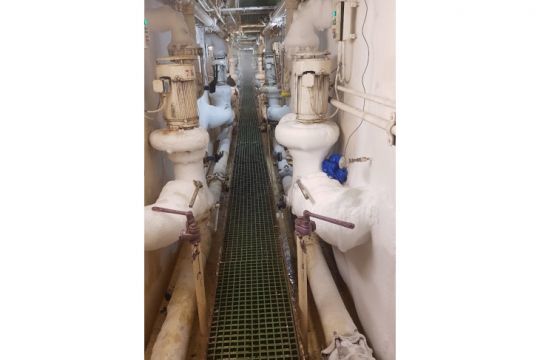
A profession with a future
Laurent concludes, enthusiastically: " I highly recommend this program. It's a varied and interesting job that also allows you to travel. There is a real need in the industry, even a necessity. You don't have to count your hours, you have to be versatile and available, but it's worth it ."
